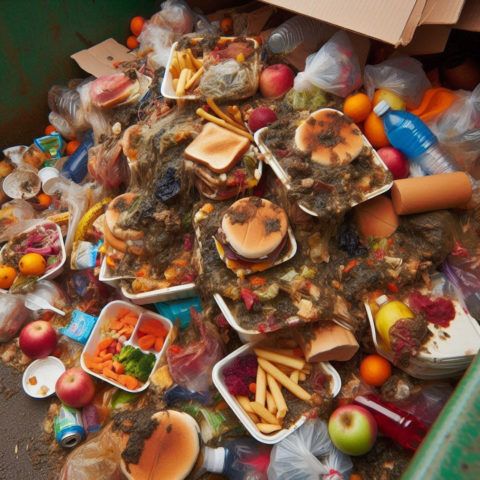Just when you think you’ve whipped grief’s sizable ass, it comes back to kick you in the teeth, writes GARY STEEL.

I was reading my 3-year-old a book my wife got her from the local library. Called Sniff and authored by someone called Yoko Coco, it was about a sausage dog that spends the day visiting various places for reasons best known to him. And for unknown reasons, he spends the whole day with one of grandma’s socks over his snout, so all he can do to answer any queries is sniff.
As it was the first time I had read the book, I had no idea how it would end, or what it was really all about, and neither did my daughter.
Near the end of the book the sausage dog arrives back home, takes off the sock and sits on his cushion next to grandma’s empty rocking chair.
“I choked up, tears welling, and had to pause for far too long before regaining my composure as the storyteller.”
Suddenly, it all clicked. (Yes, I’m a bit slow like that). If I hadn’t been concentrating so hard on enunciating the words correctly, then maybe I’d have gotten the gist earlier on.
Grandma had died, and the dog’s grief was the most visible sign of the sadness surging through the whole family, from the two parents to the young children.
I choked up, tears welling, and had to pause for far too long before regaining my composure as the storyteller. Then I choked up again on the next page.
The 3-year-old was unexpectedly patient.
“The worst thing was feeling guilty at experiencing the joy of my toddler’s amazing early years.”
My mother died a couple of years ago and for a long time I moved around under a perpetual shroud of emotional pain. The worst thing was feeling guilty at experiencing the joy of my toddler’s amazing early years. Every time I did so, I felt that it was somehow wrong and that because Mum couldn’t experience the joy, then neither should I.
The book brought it all back, instantly, and I realised that even though I’ve cast off a lot of the gloom of that first year and a half after Mum’s death, that it’s still very close to the surface.

The thing about the book though, is that it reinforces the truth of death: that as humans it’s all around us. If we’re lucky, then we get to have our parents until we’re senior citizens ourselves, which means that our kids get to know their grandparents and they get to re-experience some of the joys they felt in bringing up their children.
It’s the eternal paradox, that we’re never quite ready for death to strike, never quite ready to lose our parents, and that when we do, we feel like orphans.
It’s the circle of life that’s been going on forever, except that as the human species has evolved we’ve become more conscious of loss.
“We’re never quite ready to lose our parents, and when we do, we feel like orphans.”
I wish I could get Mum back even for just one day so I could tell her a thousand times how much I love her, and despite all those rocky teen rebellion years that seemed to stretch well into my 40s, to tell her how much I now – retrospectively – appreciated the loving care she’d put into my own upbringing. I chide myself endlessly for not recording interviews with her explaining our family history, because she was the last of the line who really remembers who all those people in the really old, brown-hued black and white photos were.
My 3-year-old is always saying, “I miss my grandma” and she loves playing with the trinkets she left behind, but really, she can’t remember her, because grandma died when she was just 14-months old.
* Note: I wrote this a year ago but couldn’t quite bring myself to publish the piece. I guess I’m ready now.















